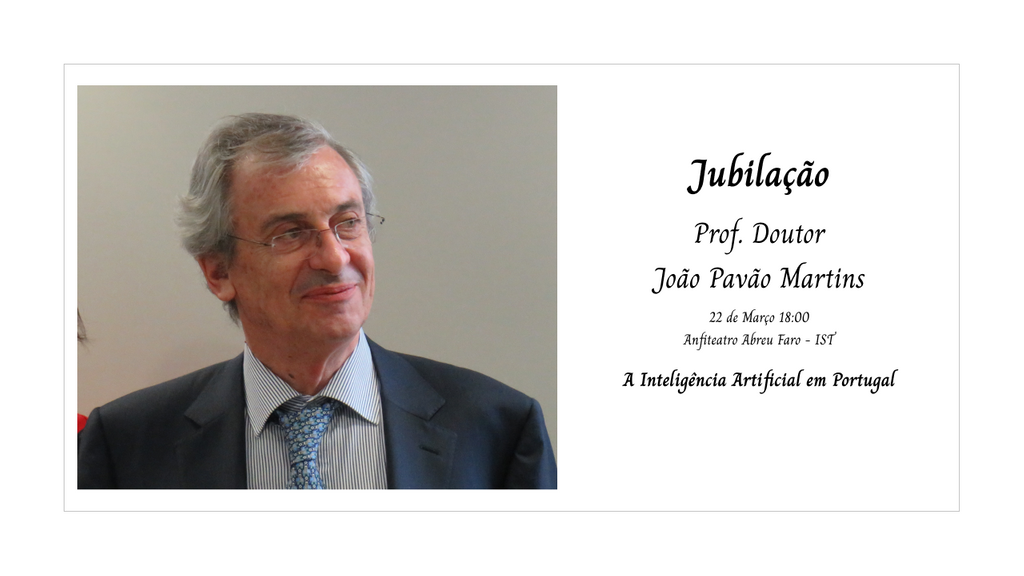A APPIA institui o Prémio para a Melhor Tese de Doutoramento em Inteligência Artificial 2021, com a finalidade de distinguir trabalhos doutoramento de elevado mérito na área da Inteligência Artificial e que tenham sido obtidos numa instituição de ensino superior portuguesa durante o ano de 2021.
O prémio tem um regulamento específico, sendo que as candidaturas devem ser efectuadas via preenchimento deste formulário até à data limite: 10 de junho de 2022.
O prémio tem um valor simbólico de 1000 euros, sendo que o candidato (ou seu representante) receberá o certificado do Prémio de Melhor Tese de Doutoramento em Inteligência Artificial 2021, em Setembro de 2022, durante a realização da 21st Conference on Artificial Intelligence (EPIA 2022, https://epia2022.inesc-id.pt/).
Organizadores:
Nuno Lau, Universidade de Aveiro
Francisco Melo, Instituto Superior Técnico
Henrique Lopes Cardoso, Universidade do Porto

